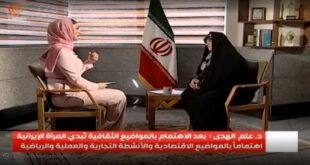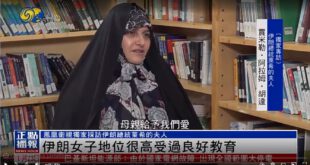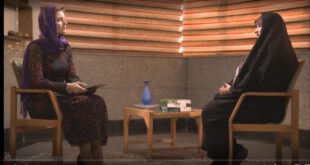Unveiling ceremony of book “The Islamic Theory of Human Growth” held at Shahid Beheshti University
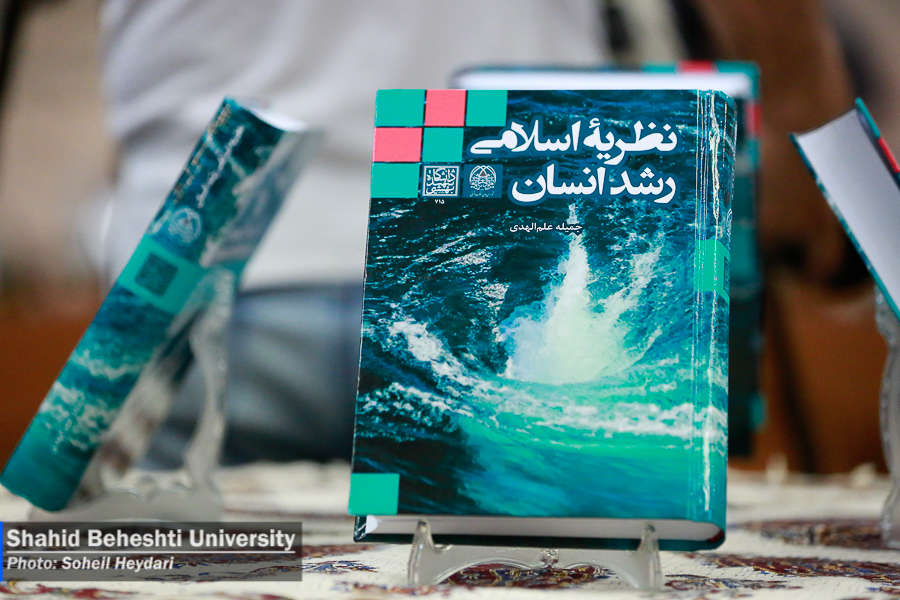
The book “The Islamic Theory of Human Growth” authored by Jamileh Alamolhoda was unveiled during a ceremony at Shahid Beheshti University.
The unveiling ceremony of the book “The Islamic Theory of Human Growth” written by Jamila Alamolhoda, faculty member of Shahid Beheshti University, was held on Monday, July 22, 2019, with the presence of a group of academics and experts in Parvin Etesami Hall of Shahid Beheshti University International Conferences Center.
In this ceremony, Dr. Seyed Hassan Sadough, president of the university, Dr. Ameli, secretary of the cultural revolution council, and Dr. Jamileh Alamolhoda, dean of the Institute of Science and Technology Studies, gave speeches. Dr. Sadough said: “The valuable book ‘The Islamic Theory of Human Growth’ which was authored by Dr. Alamolhoda following the research agreement between Shahid Beheshti University and the secretariat of the Supreme Council of Cultural Revolution, will provide an intellectual foundation for science in universities.”
Hojat al-Islam Ameli, secretary of the Supreme Council of Cultural Revolution, considered the book “The Islamic Theory of Human Growth” a valuable work and a product of collective thinking and stated: “This book was written in ten chapters in an interdisciplinary manner.”
Dr. Jamileh Alamolhoda said at the unveiling ceremony: “In this book, the principles of transcendent theosophy have been used a lot as the latest achievements of Islamic philosophy, and based on these principles, we researched and investigated the Holy Qur’an, the hadiths of the Imams and other religious teachings.”
The book “The Islamic Theory of Human Growth” was published in 668 pages by Shahid Beheshti University Press in cooperation with the Supreme Council of Cultural Revolution. It has 10 chapters and an introduction.
Dr. Jamileh Alamolhoda said: “In 2005, a research project titled “official education from the perspective of Islam” was carried out by Shahid Beheshti University and the educational research and innovation organization of the Ministry of Education. The results of this research were used as the basis of the development document. However, not addressing the issue of growth from the point of view of Islam was an important gap in that project. Due to several reasons, including executive ones, it was not possible to address this issue at that time.
In 2012, the secretariat of the cultural revolution council attempted to complete some studies related to the development document, came up with a project entitled “explaining the foundations and model of growth based on the perspective of Islam” and assigned its definition and implementation to Shahid Beheshti University. I, as the representative of the university, was responsible for the implementation of the project.
This project was carried out from 2002 to 2016 with the participation of 80 researchers, including university professors, the seminary, master’s and PhD students, and was monitored and evaluated by five independent review teams and different departments. Ayatollah Rashad was in charge of the final review of the project.
The report of this project was sent to the Supreme Council of Cultural Revolution in 2016, and of course, part of its results were published or are being published in the form of a number of articles and independent works. With the approval of the secretariat of the Supreme Council of Cultural Revolution, it was decided that Shahid Beheshti University publishes the chapter five of the mentioned project in the form of a book. The scientific editing of the book was performed in two years, from 2016 to 2018, and finally with many changes, such as adding and reducing some content and changing some arguments, It was finally published in 2019.
The basic principles of transcendent theosophy in Mullah Sadra’s philosophy, Imam Khomeini’s views, Allameh Tabatabaei’s ideas, Ayatollah Javadi Amoli’s ideas, Ayatollah Misbah’s ideas have been used as the philosophical foundations of this work.”
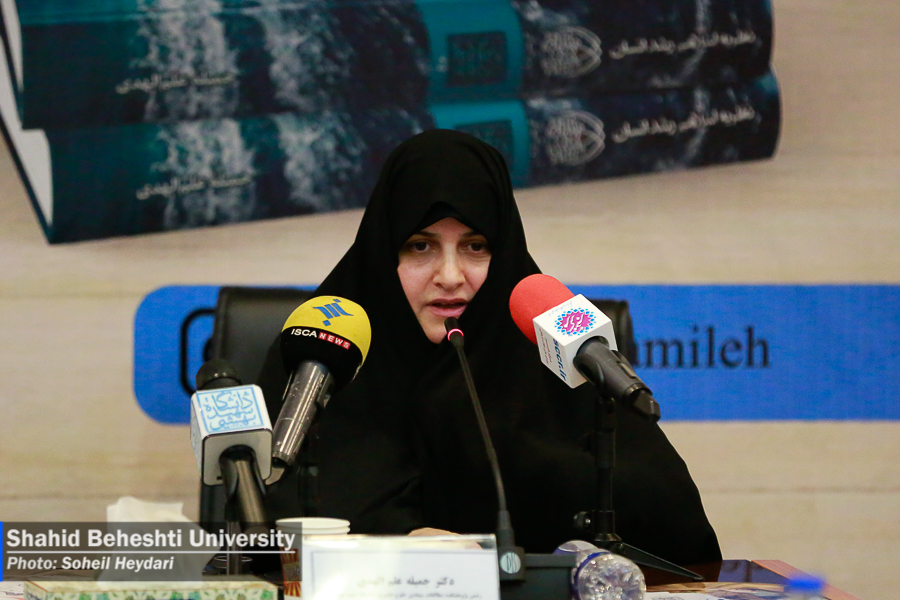
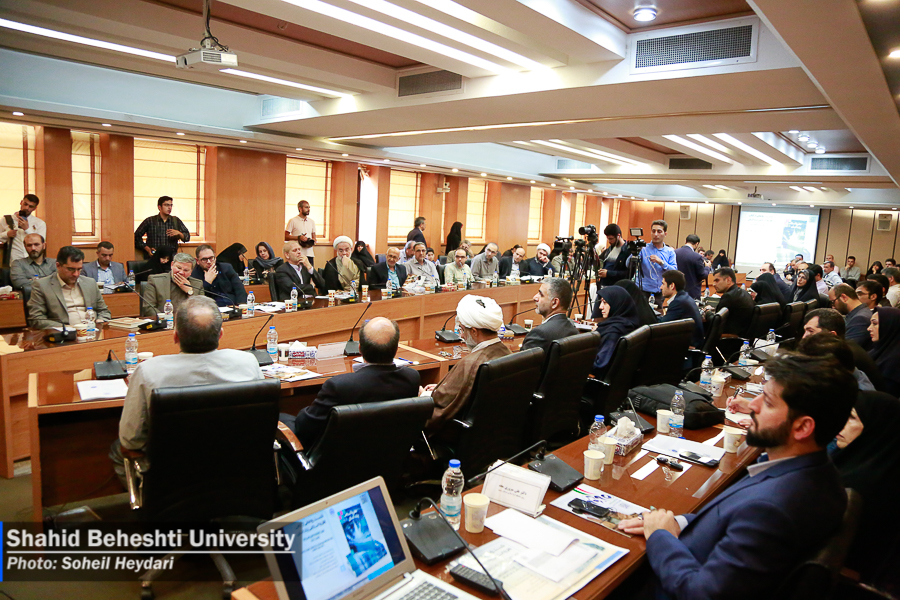
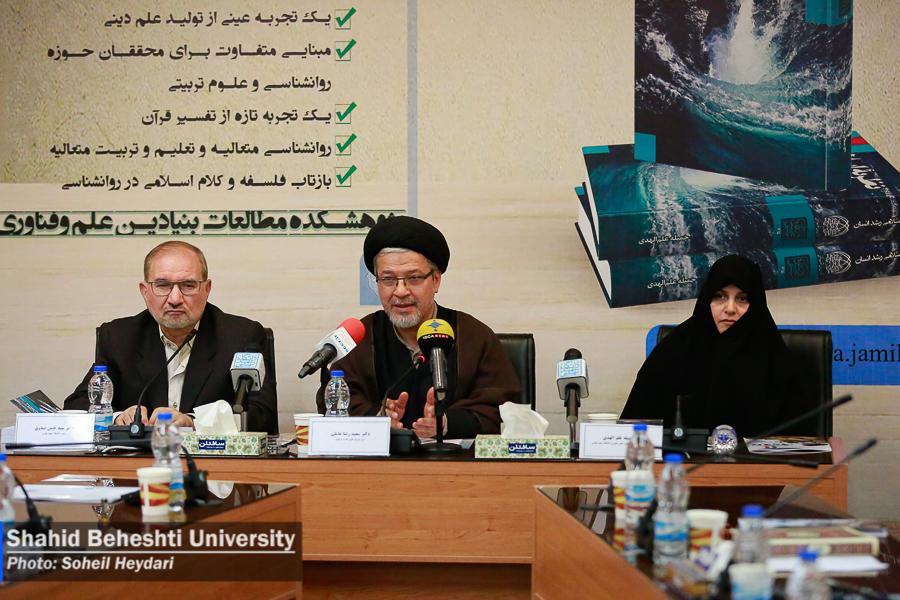
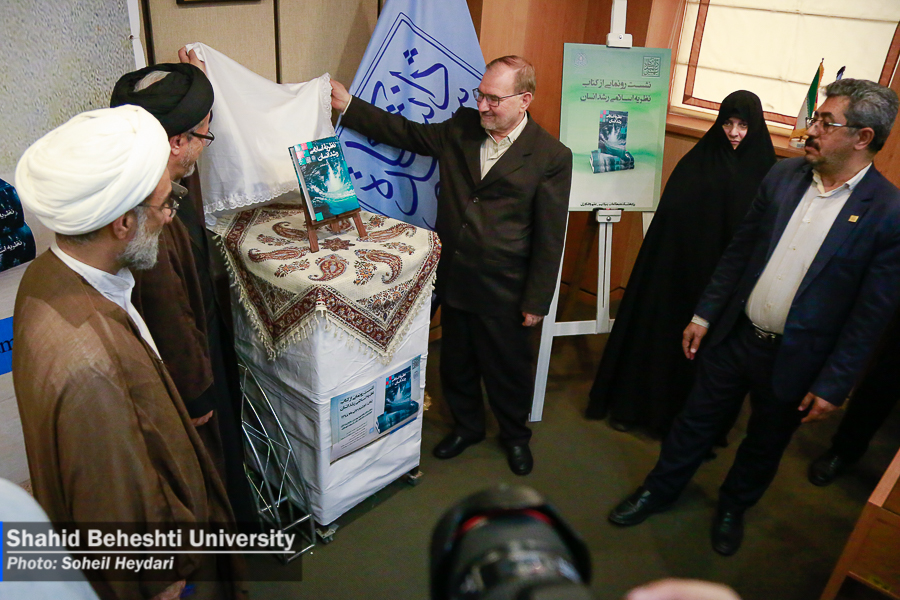
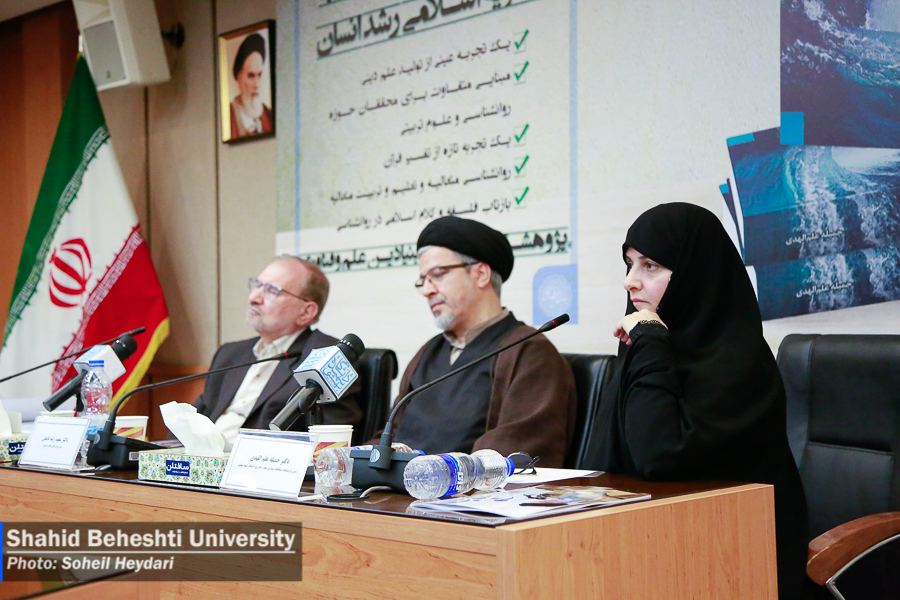
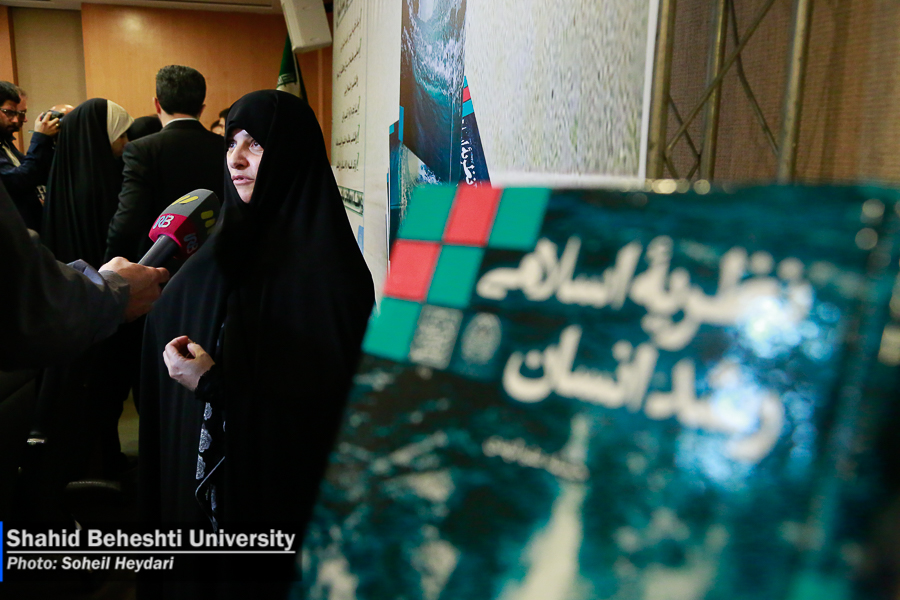
 Dr Jamilesadat Alamolhoda Personal Website
Dr Jamilesadat Alamolhoda Personal Website
